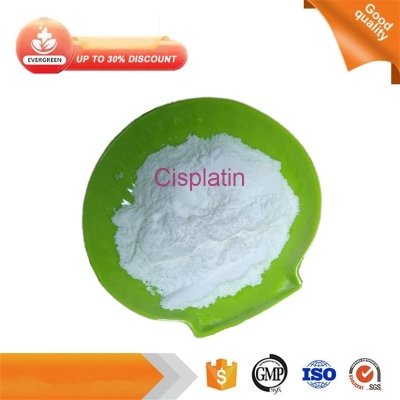-
Categories
-
Pharmaceutical Intermediates
-
Active Pharmaceutical Ingredients
-
Food Additives
- Industrial Coatings
- Agrochemicals
- Dyes and Pigments
- Surfactant
- Flavors and Fragrances
- Chemical Reagents
- Catalyst and Auxiliary
- Natural Products
- Inorganic Chemistry
-
Organic Chemistry
-
Biochemical Engineering
- Analytical Chemistry
- Cosmetic Ingredient
-
Pharmaceutical Intermediates
Promotion
ECHEMI Mall
Wholesale
Weekly Price
Exhibition
News
-
Trade Service
Recently, a team from the First Affiliated Hospital of Zhejiang University and Sun Yat-Sen University Cancer Center published a study in the journal BMC Cancer, mainly to evaluate the efficacy of lenvatinib combined with PD-1 inhibitors in the treatment of patients with advanced hepatocellular carcinoma.
In particular, the tumor occupies ≥50% of the liver volume (TO ≥50%) or invades Vp4
.
In particular, the tumor occupies ≥50% of the liver volume (TO ≥50%) or invades Vp4
.
Mainly to evaluate the efficacy of lenvatinib combined with PD-1 inhibitor in the treatment of patients with advanced hepatocellular carcinoma, especially if the tumor occupies ≥50% of the liver volume (TO ≥50%) or Vp4 invasion
The study included 84 patients with a median age of 53 years
.
Most were male (n=69)
The study included 84 patients with a median age of 53 years
In this cohort, 31 HCC patients had TO ≥ 50%, 30 HCC patients had Vp4 invasion, and 12 HCC patients had both
.
Compared with patients with TO < 50%, the proportion of Child Pugh B was higher in patients with TO ≥ 50% (p = 0.
In this cohort, 31 HCC patients had TO ≥ 50%, 30 HCC patients had Vp4 invasion, and 12 HCC patients had both
The median follow-up time was 17.
12 months ( 16.
25 months in the Vp4 infiltrated group, 18.
93 months in the Vp4 non-infiltrating group, 14.
33 months in the TO≥50% group, and 18.
93 months in the TO<50% group)
.
During the follow-up period, 76.
The median follow-up time was 17.
The median PFS of patients with TO ≥ 50% was significantly lower than that of patients with TO < 50% (p < 0.
In contrast, there was no significant difference in median PFS between Vp4-invaded and non-invaded patients (p = 0.
528)
.
The median OS of patients without Vp4 invasion was 11.
In contrast, there was no significant difference in median PFS between Vp4-invaded and non-invaded patients (p = 0.
After multivariate analysis, TO≥50% was an independent predictor of PFS and OS (p<0.
001)
.
001)
.
After multivariate analysis, TO≥50% was an independent predictor of PFS and OS (p<0.
001)
.
The most common AEs of any grade were increased bilirubin (56.
0%), increased aspartate aminotransferase (55.
1%), and proteinuria (52.
6%)
.
None of the AEs were significantly associated with TO≥50% and Vp4 violation
.
0%), increased aspartate aminotransferase (55.
1%), and proteinuria (52.
6%)
.
None of the AEs were significantly associated with TO≥50% and Vp4 violation
.
In conclusion, the study shows that lenvatinib combined with PD-1 inhibitor can bring survival benefit to patients with advanced HCC with Vp4
.
.
Studies have shown that lenvatinib combined with PD-1 inhibitors can bring survival benefits to patients with advanced HCC with Vp4
.
Studies have shown that lenvatinib combined with PD-1 inhibitors can bring survival benefits to patients with advanced HCC with Vp4
.
Original source:
Original source:Sun X, Zhang Q, Mei J, Yang Z, Chen M, Liang T.
Real-world efficiency of lenvatinib plus PD-1 blockades in advanced hepatocellular carcinoma: an exploration for expanded indications.
BMC Cancer.
2022 Mar 19;22(1 ): 293.
doi: 10.
1186/s12885-022-09405-7.
PMID: 35305593.
Real-world efficiency of lenvatinib plus PD-1 blockades in advanced hepatocellular carcinoma: an exploration for expanded indications.
BMC Cancer.
2022 Mar 19;22(1 ): 293.
doi: 10.
1186/s12885-022-09405-7.
PMID: 35305593.
Leave a message here






